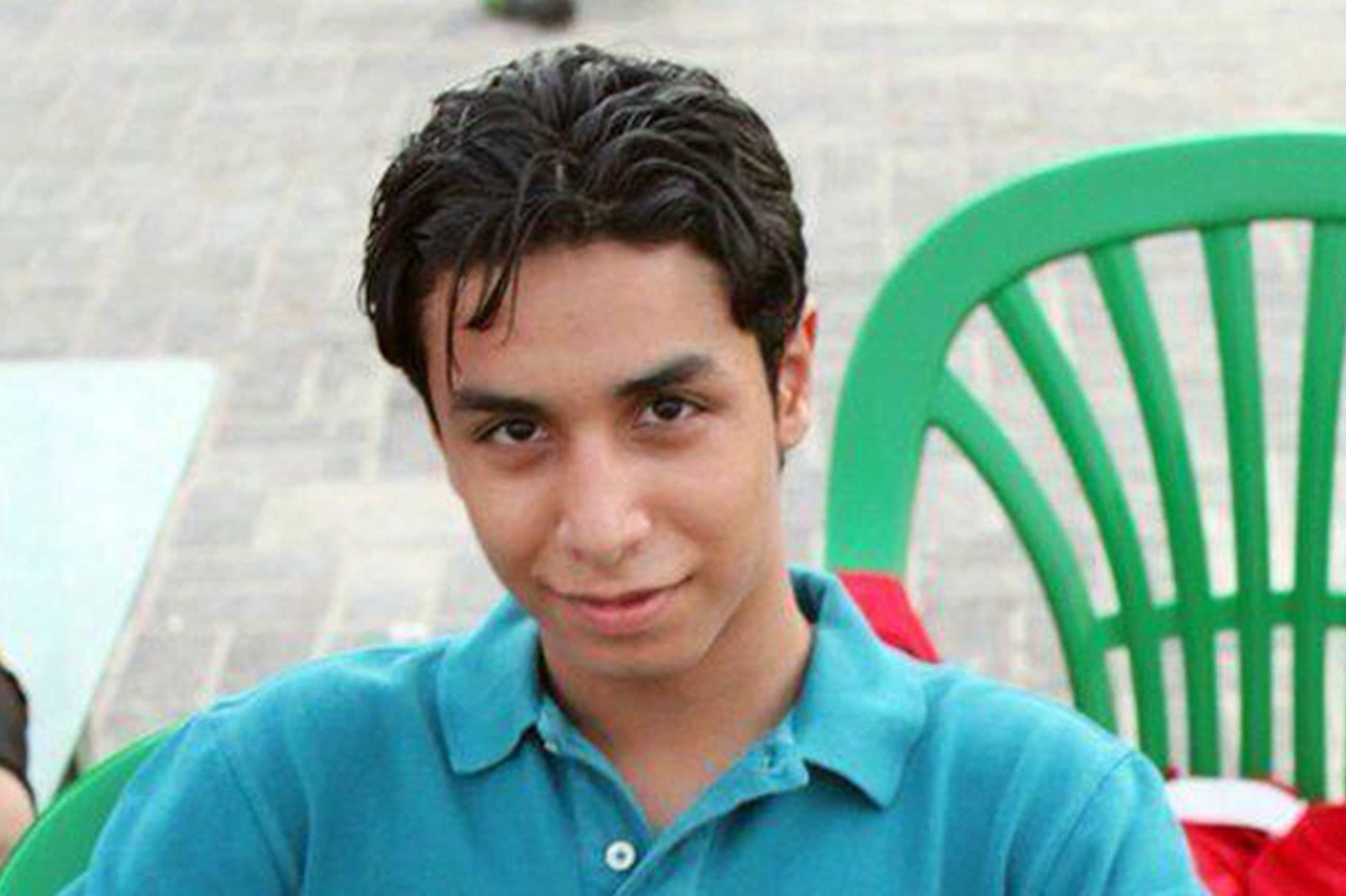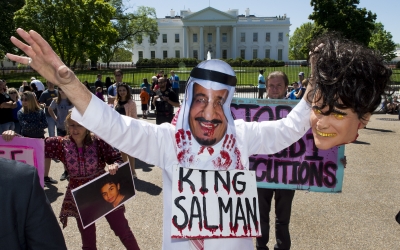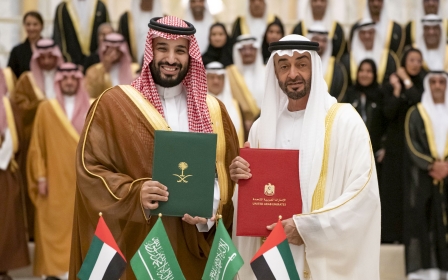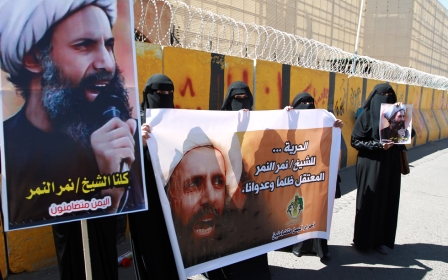Ali al-Nimr and two other Saudis jailed as minors have death sentences commuted

Saudi Arabia on Sunday commuted the death sentences of three young Saudis from the minority Shia community.
Ali al-Nimr, Dawood al-Marhoon and Abdullah al-Zaher had their death sentences commuted to 10 years in prison, officials said, as the kingdom seeks to improve its human rights record, AFP reported.
Nimr, Marhoon and Zaher had been arrested as minors in 2012 on terrorism-related charges and sentenced to death after they took part in anti-government protests during the Arab Spring uprisings.
According to the human rights organisation Reprieve, the move was the result of a decree issued last year ending the execution of minors in the kingdom.
The sentence against Nimr, which was issued when he was just 17, outraged many in the international community, while his trial was branded unfair by legal experts.
"This is great news for Ali, who has spent over nine years on death row. According to the ruling, he should be released from prison this year," British-based campaign group Reprieve said in a statement on Twitter.
"But other young people like Ali are still facing the death penalty for childhood 'crimes' in Saudi Arabia. The royal decree must be applied urgently in those cases."
"It feels odd to talk about progress when a young man has spent nearly a decade on death row for attending a peaceful demonstration, but today's ruling is clearly a positive step," said Maya Foa, director of Reprieve.
"True change isn't about a few high-profile cases; it means making sure no one is ever sentenced to death for a childhood 'crime' again in Saudi Arabia."
Rate of execution doubled since 2015
In April 2020, King Salman issued a royal decree ending the death sentence for crimes committed as a minor, ordering the maximum sentence to instead be 10 years in a juvenile detention facility.
Nimr's death penalty had been ordered to be reviewed by Saudi Arabia's public prosecutor, as well as Marhoon's and Zaher's.
Nimr is the nephew of prominent Shia cleric Nimr al-Nimr, whose execution in the kingdom in 2016, along with 46 others charged with terrorism, provoked major demonstrations across the globe and the burning of the Saudi embassy in Iran.
According to Reprieve, Saudi Arabia has carried out at least 800 executions during the five years of King Salman's rule.
The rate of execution in Saudi Arabia has doubled since 2015, when King Salman succeeded to the throne in January following the death of his half-brother, King Abdullah.
Saudi Arabia is currently the world's third biggest executioner, following China and Iran, according to an annual report by Amnesty.
The country's imprisonment of women's rights activists such as Loujain al-Hathloul and the killing of critical journalist Jamal Khashoggi in Istanbul in 2018 have further provoked scrutiny of the kingdom's rights record.
Middle East Eye delivers independent and unrivalled coverage and analysis of the Middle East, North Africa and beyond. To learn more about republishing this content and the associated fees, please fill out this form. More about MEE can be found here.





